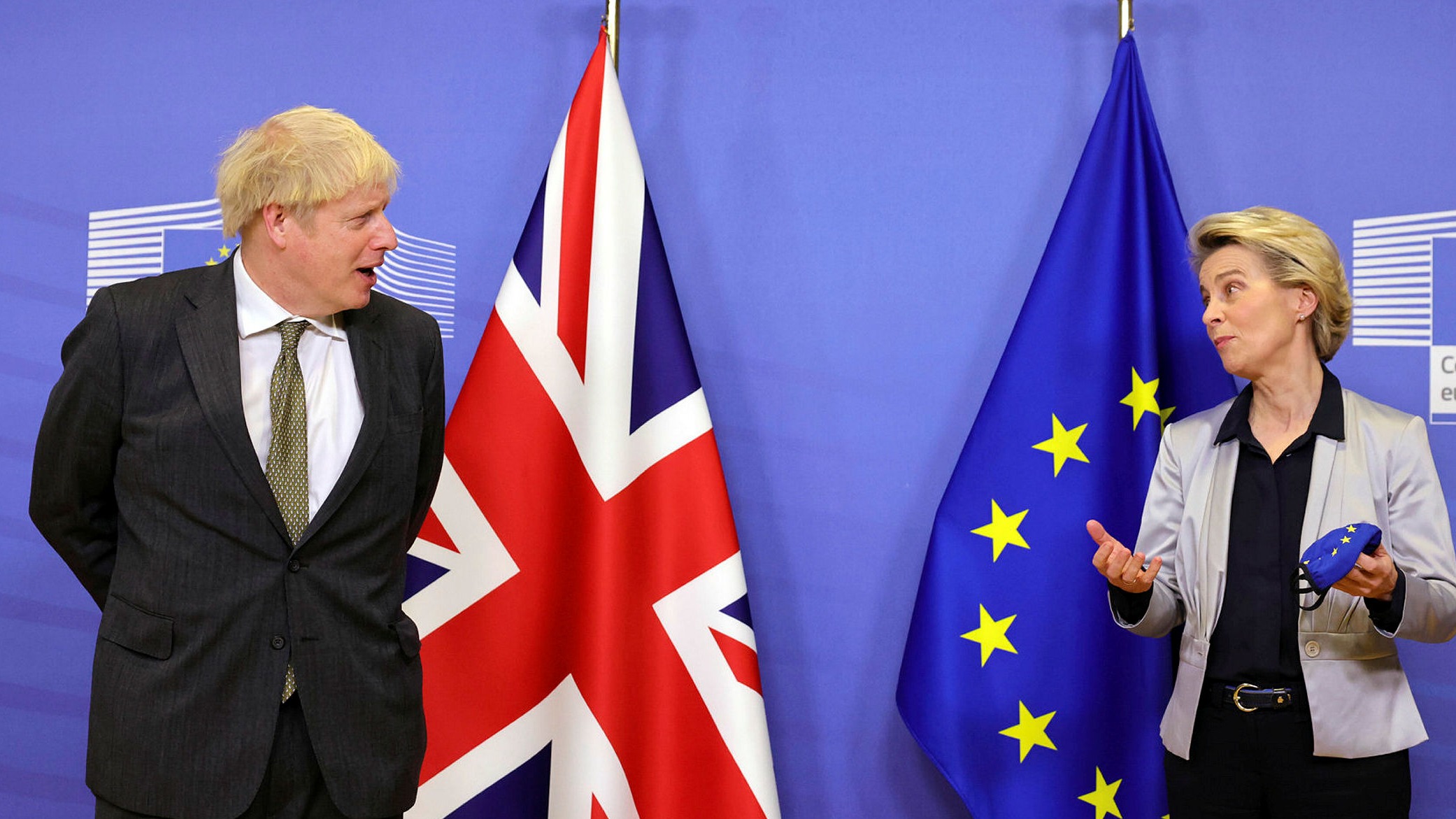EU (Parliament Politic Magazine) – The European Union (EU) has reprimanded the UK government for its attempt to circumvent Brussels regarding post-Brexit trade regulations. According to documents obtained by The Independent, the European Commission expressed dissatisfaction when British officials directly approached each member state to inquire about their strategies for handling the new inspections on goods entering the UK.
At a certain juncture, the commission instructed bloc countries to disregard the UK government entirely. Subsequently, a memo was dispatched to member states, urging them to provide only concise and general information due to the contentious nature of the British request.
European Commission Expressed Its Discontent On Goods Entering UK
The EU has firmly rebuked the UK government for its unilateral actions in seeking information from member states regarding post-Brexit trade rules. Documents obtained by
The Independent revealed that the European Commission expressed its discontent when British officials directly approached each member state to inquire about their strategies for managing the new inspections on goods entering the UK.
At a critical juncture, the commission explicitly instructed bloc countries to disregard the UK government entirely. Subsequently, a memo was dispatched to member states, urging them to provide only concise and general information due to the contentious and problematic nature of the British request.
The commission later issued a warning to the UK, stating that reaching out to individual countries directly went against the terms of Boris Johnson’s Brexit trade deal. They expressed significant concern, emphasizing that a unified response to British inquiries should be coordinated at the EU level.
UK Facing Pressure From UK Business Leaders and EU
This rebuke has come to light as Rishi Sunak’s government faces pressure from both the EU and British business leaders to provide clear details on how the upcoming import controls, set to be implemented in October, will function.
Peter Mandelson, the former business secretary and EU trade commissioner from 2004 to 2008, commented on the situation, stating that attempting to bypass Brussels was always destined to fail. He explained, “While it may be tempting to circumvent the commission, this approach is counterproductive and ineffective. The British government should instead focus on strengthening its relationship with the commission and building trust. This is crucial for mitigating our trade losses, which Britain desperately needs.”
Trade Experts Show Their Concern
Trade experts have also criticized the decision to bypass Brussels authorities, deeming it “unwise” and a clear indication of the ongoing struggles in the relationship between the UK and the EU. This comes as businesses across the continent brace themselves for another wave of bureaucratic hurdles.
A prominent figure in the food industry expressed concern over the “unhelpful friction” between the UK and the EU, emphasizing the need for collaboration to prevent significant disruptions later this year.
The issue arose on 2 June when officials from the UK’s Department for Environment, Food and Rural Affairs (Defra) reached out to EU member states, requesting their completion of a questionnaire regarding their preparedness for new regulations on food and agriculture trade.
However, a week later, on 9 June, a memo from the European Commission advised member states against responding to the UK’s online questionnaire. This memo was subsequently shared with member state diplomats by officials from the Council of the European Union and obtained by The Independent.
Read More: UK Citizens Traveling To Europe To Undergo Fingerprint and Face Scans
UK The Most Benefitting Trade Partner For Europe
Fellow supporter of Brexit, Craig Mackinlay, has also come forward to defend the actions of the government. He emphasizes that the UK holds a significant position as the largest and most profitable trading partner for many EU countries.
Mackinlay further explains that as the UK implements reciprocal border checks for imports, it is only reasonable for the Department for Environment, Food and Rural Affairs (Defra) and the Department for Business and Trade to strive for seamless future trade. This explains their direct approach to EU countries.
He highlights the EU Commission’s communication to member states as a clear demonstration of their desire for absolute control over their empire. In addition, leaders in Britain’s food and logistics sectors have expressed concerns about the impending wave of post-Brexit bureaucracy. They warn that this could lead to disruptions and exacerbate the ongoing inflation crisis by driving up food prices in supermarkets.


